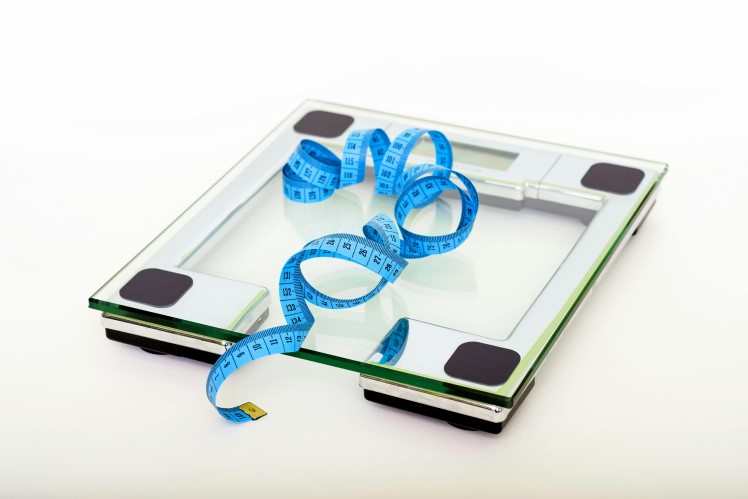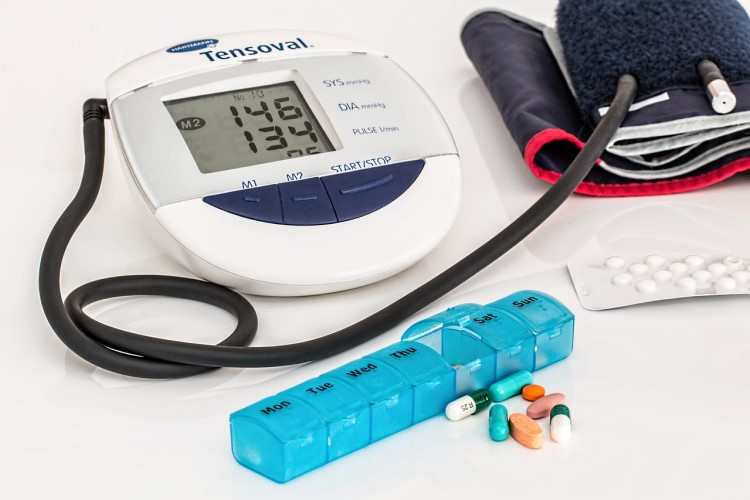
Who needs to steer clear of prolonged sitting? Everyone can stand, literally. The World Health Organization’s 2020 physical activity guidelines, based on robust evidence, recommend reduction in sedentary behaviour for adolescents, children and adults especially older adults & pregnant women.
You may wonder, "Isn't the topic of avoiding sitting too obvious to state?"
However, it took until the last 5-10 years for medicine to fully appreciate both risk of prolonged sitting and benefit from reducing it. Even as a doctor, I frequently neglect to consider how significant an impact this apparently humdrum habit has on health. Here’s one case I won’t forget:
Clinic Case Study
A 34-year-old suave content strategy corporate executive, that was also a chronically hyperglycemic patient. Surprising since he had no diabetic family history, sleep complaints or severe stress with a disciplined 40 minute exercise regime 2-3 times per week.
His glucose levels didn't dip below normal, despite weight and body fat optimisation. I found myself at a dead end.
I put on my detective hat and investigated his daily routine: it went thus:
- Morning routine: dashes out after brushing, an hour-long commute in a seated position.
— Sitting continuously through work hours; reports, slides, meetings.
— Lunch: Desk worker orders in food, eats and naps for a bit.
— Afternoon: Meetings one after the other, sitting again and preparing follow-ups.
— Evening: Eats dinner, visits with colleagues while seated then commutes for an hour back home.
— Night: Lies on couch scrolling short videos, showers and sleeps.
Total time sitting? Approximately 14.5 hours a day (8 AM to 11 PM), getting up only when food or car called for it, totalling less than 30 minutes of movement.
Simply put: stand up for 5-10 minutes every 90 minutes, and stay physically active during 30-minute periods after lunch/dinner. His blood glucose level was fully normalized.
LATEST POSTS
- 1
 Antiviral Medications: Components and Efficacy in Treating Colds and Flu
Antiviral Medications: Components and Efficacy in Treating Colds and Flu - 2
 What factors trigger anti-aging repair mechanisms?
What factors trigger anti-aging repair mechanisms? - 3
 How Much Vitamin E is Necessary and Ways to Supplement It?
How Much Vitamin E is Necessary and Ways to Supplement It? - 4
 Good Habits for Good Health: Consistent Small Actions and the Correct Understanding of Health
Good Habits for Good Health: Consistent Small Actions and the Correct Understanding of Health - 5
 Diet, exercise, and stress management can also improve gut microbiota
Diet, exercise, and stress management can also improve gut microbiota
 Footwear and Health: Picking the Proper Shoes
Footwear and Health: Picking the Proper Shoes How to Pick Cervical Spine Support Tools
How to Pick Cervical Spine Support Tools Maintaining oral health: Choosing the Right Toothbrush Matters
Maintaining oral health: Choosing the Right Toothbrush Matters The health hazards of prolonged use of electronic products
The health hazards of prolonged use of electronic products Lack of sleep emerges as a major trigger for heart disease
Lack of sleep emerges as a major trigger for heart disease Health Check: Weekly Average Step Count and Distribution
Health Check: Weekly Average Step Count and Distribution How to scientifically supplement vitamin A and how much?
How to scientifically supplement vitamin A and how much? How to Protect Your Family from Infectious Outbreaks in Fall and Winter?
How to Protect Your Family from Infectious Outbreaks in Fall and Winter? The difference between family health management and disease management
The difference between family health management and disease management













